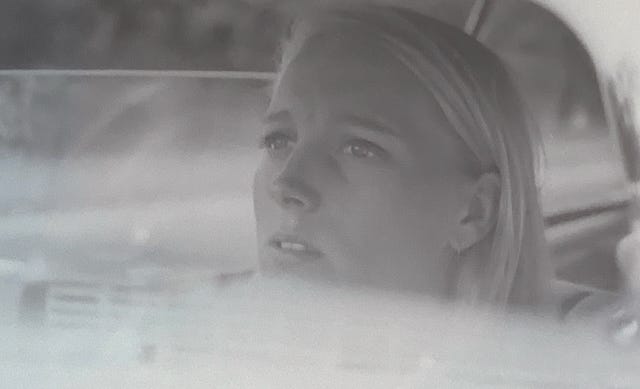Invention of Morel
As I get older, the allure of memories and nostalgia grows deeper, more seductive. It’s easy to fall into their trap, to feel the pull of days past as a refuge from the uncertainties which lie ahead. I’m reminded of the book The Invention of Morel by Adolfo Bioy Casares, a story about memory’s strange hold and the danger of trying to capture time itself.
The novel begins with a mystery. A fugitive, seeking refuge on a deserted island, finds he is not alone. Soon after his arrival, he encounters a group of strangers who seem unaware of him yet move with a strange, mechanical grace, repeating the same gestures day after day. Chief among them is Faustine, a woman he watches from a distance, consumed by a love as irrational as it is impossible. She does not respond to him, yet he is compelled to approach her, to close the distance between HIS isolation and HER allure. As he studies her, he learns the island’s haunting secret: these people are mere projections, illusions conjured by a machine created by the scientist Morel, a device that records time and plays it back in an eternal loop.
At the heart of The Invention of Morel is a meditation on memory—its beauty and its danger. In his quest to bring Faustine closer, the fugitive becomes a prisoner of the past, seduced by the illusion of a love that can never answer him, yet promises permanence. Morel’s invention captures every detail of his chosen subjects, trapping them forever in a flawless playback. For all its technological brilliance, this machine is an elaborate prison, echoing the way memory itself can hold us captive. The fugitive, like Morel’s “inventions,” becomes a shadow among shadows, living a life obsessed with moments that can only repeat, never evolve.
Casares seems to suggest that the more we try to preserve the past, the more it consumes us, until we become ghosts in our own lives. The past, he warns, may offer a kind of comfort, a steady reel of scenes we can watch without fear of loss. Yet if we are not careful, we risk becoming prisoners of these memories, forever detached from the unpredictable, painful, and real experience of the present. To live, he suggests, is to let go, to accept the imperfection and impermanence of life over the siren song of a perfected, endless memory.
𝗔𝗯𝗼𝘂𝘁 𝘁𝗵𝗲 𝗣𝗵𝗼𝘁𝗼𝗴𝗿𝗮𝗽𝗵
This image is part of my private collection, digitized from an original negative discovered at an estate sale. The identity of the photographer—and of the woman captured here, along with whatever thoughts shadow her expression—are mysteries lost to time.


